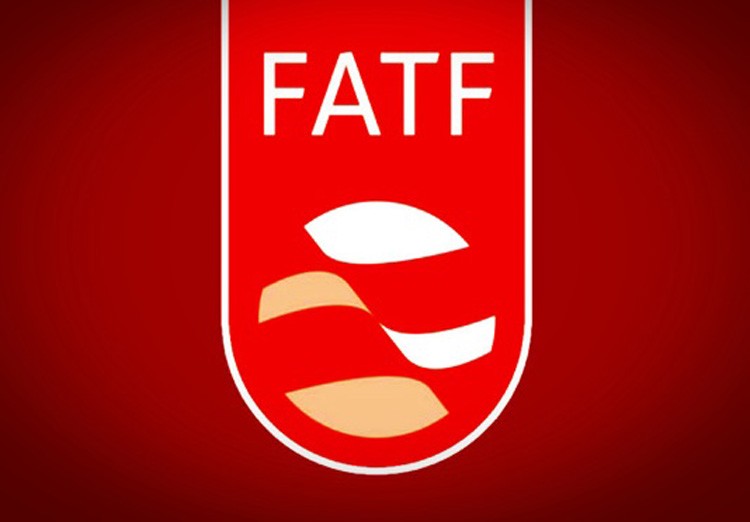Context
-
The Financial Action Task Force (FATF), the international watchdog monitoring money laundering, terror financing, and other threats to global financial networks, is expected to decide whether to take Pakistan off the ‘grey’ list at the end of its ongoing plenary session in Berlin.
What is the FATF?
- The FATF is an inter-governmental body that sets international standards seeking to prevent international financial crimes that aid terrorism.
- It is a policymaking body that works to generate political will in national jurisdictions for legislative and regulatory reforms in these areas.
- The FATF was established in July 1989 by a G-7 Summit in Paris, initially to examine and develop measures to combat money laundering. After the 9/11 attacks, the FATF in October 2001 expanded its mandate to incorporate efforts to combat terrorist financing, and in April 2012, it added efforts to counter the financing of proliferation of weapons of mass destruction.
- The FATF currently comprises 37 member jurisdictions and two regional organisations (European Commission and Gulf Cooperation Council), representing most major financial centres in all parts of the globe.

- The FATF has developed the FATF Recommendations, or FATF Standards, which ensure a co-ordinated global response to prevent organised crime, corruption and terrorism.
- Over 200 jurisdictions around the world have committed to the FATF Recommendations through the global network of nine FATF-Style Regional Bodies (FSRBs) and FATF memberships.
- India has been a member of the FATF since 2010.
- It is also a member of its regional partners, the Asia Pacific Group (APG) and the Eurasian Group (EAG).
- Pakistan has argued unsuccessfully that India is biased and motivated against it.
What is the grey list, and why is Pakistan on it?
- Grey listing means FATF has placed a country under increased monitoring to check its progress on measures against money laundering and terrorism financing.
- The “grey list” is also known as the “increased monitoring list”.
- As of March 2022, there are 23 countries on the FATF’s increased monitoring list officially referred to as “jurisdictions with strategic deficiencies” that include, apart from Pakistan, Syria, Turkey, Myanmar, Philippines, South Sudan, Uganda, and Yemen.
- To be pulled out of the grey list, a country has to fulfill the tasks recommended by the FATF, for instance, confiscating properties of individuals associated with terrorist groups. If the FATF is satisfied with the progress, it removes the country from the list.
- The FATF most recently took Zimbabwe, and before that Botswana and Mauritius, off the grey list.
How does grey-listing impact a country?
- Pakistan’s grey-listing by the FATF from 2008 to 2019 may have resulted in a cumulative GDP loss of USD 38 billion as per a working paper.
- This is because, although being added to the grey list does not imply any economic sanctions (unlike the black list), it signals to the global financial and banking system about increased risks in transactions with the country in question, according to The Economist Intelligence Unit.
- Also, given that major financial institutions like the IMF and World Bank are affiliated with FATF as observers, a grey-listed country “faces complications in accessing international lending instruments.
About Black List
- Since 2000, FATF has maintained the FATF blacklist (formally called the “Call for action”) and the FATF greylist (formally called the “Other monitored jurisdictions”).
- The blacklist has led financial institutions to shift resources and services away from the listed.
- Currently Iran and North Korea are in the black list.
Reference:
Visit Abhiyan PEDIA (One of the Most Followed / Recommended) for UPSC Revisions: Click Here
IAS Abhiyan is now on Telegram: Click on the Below link to Join our Channels to stay Updated
IAS Abhiyan Official: Click Here to Join
For UPSC Mains Value Edition (Facts, Quotes, Best Practices, Case Studies): Click Here to Join
